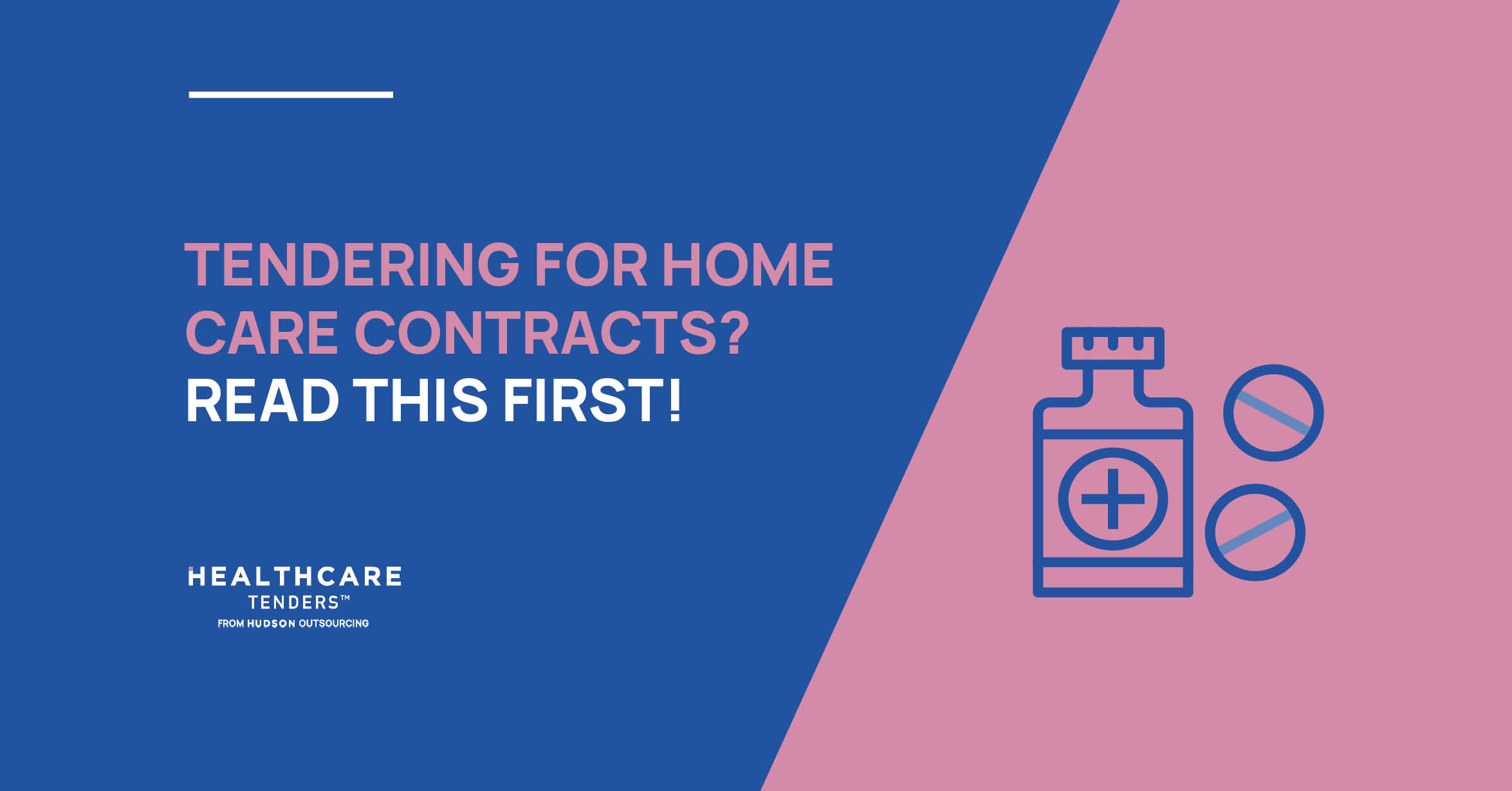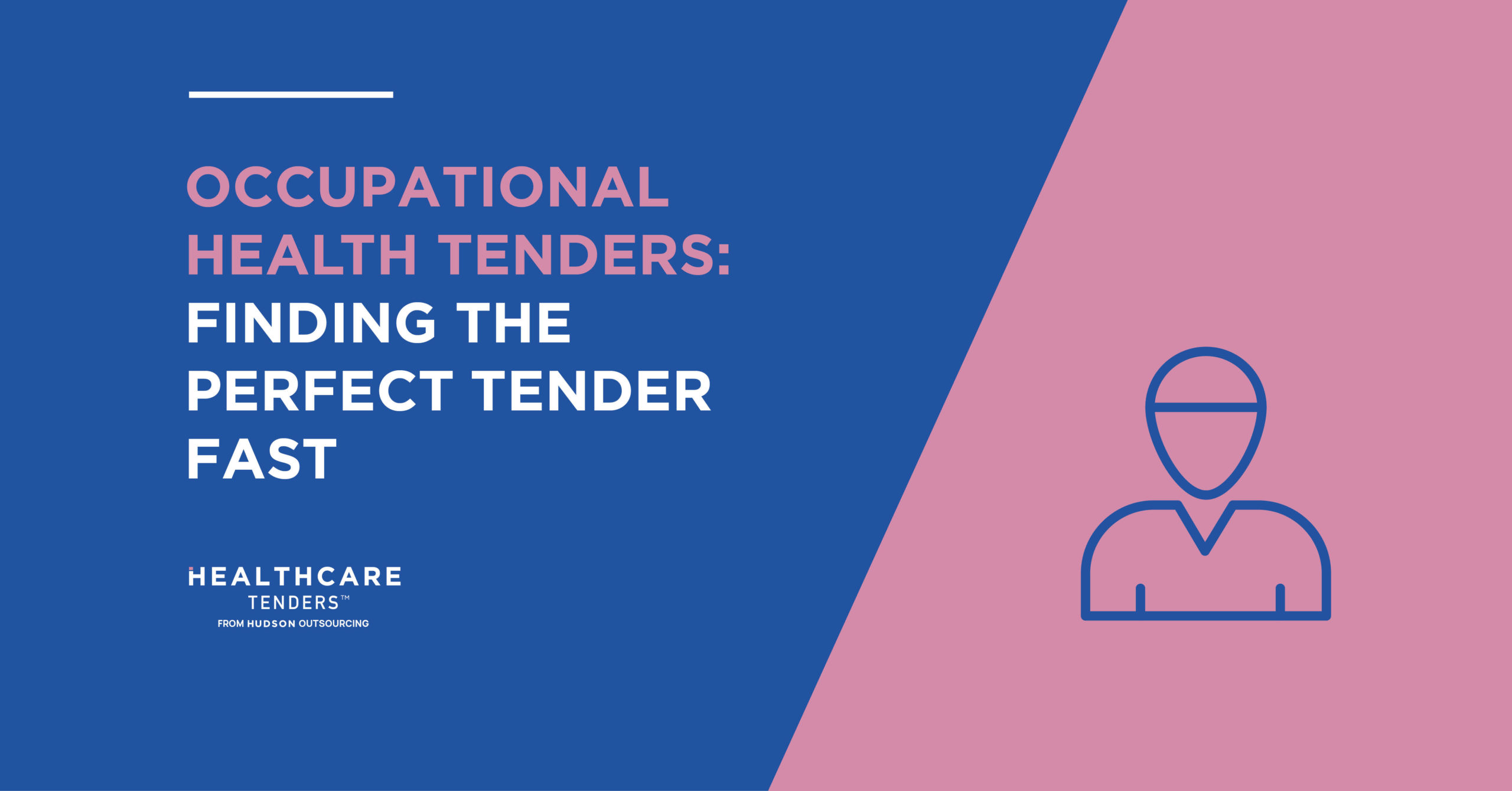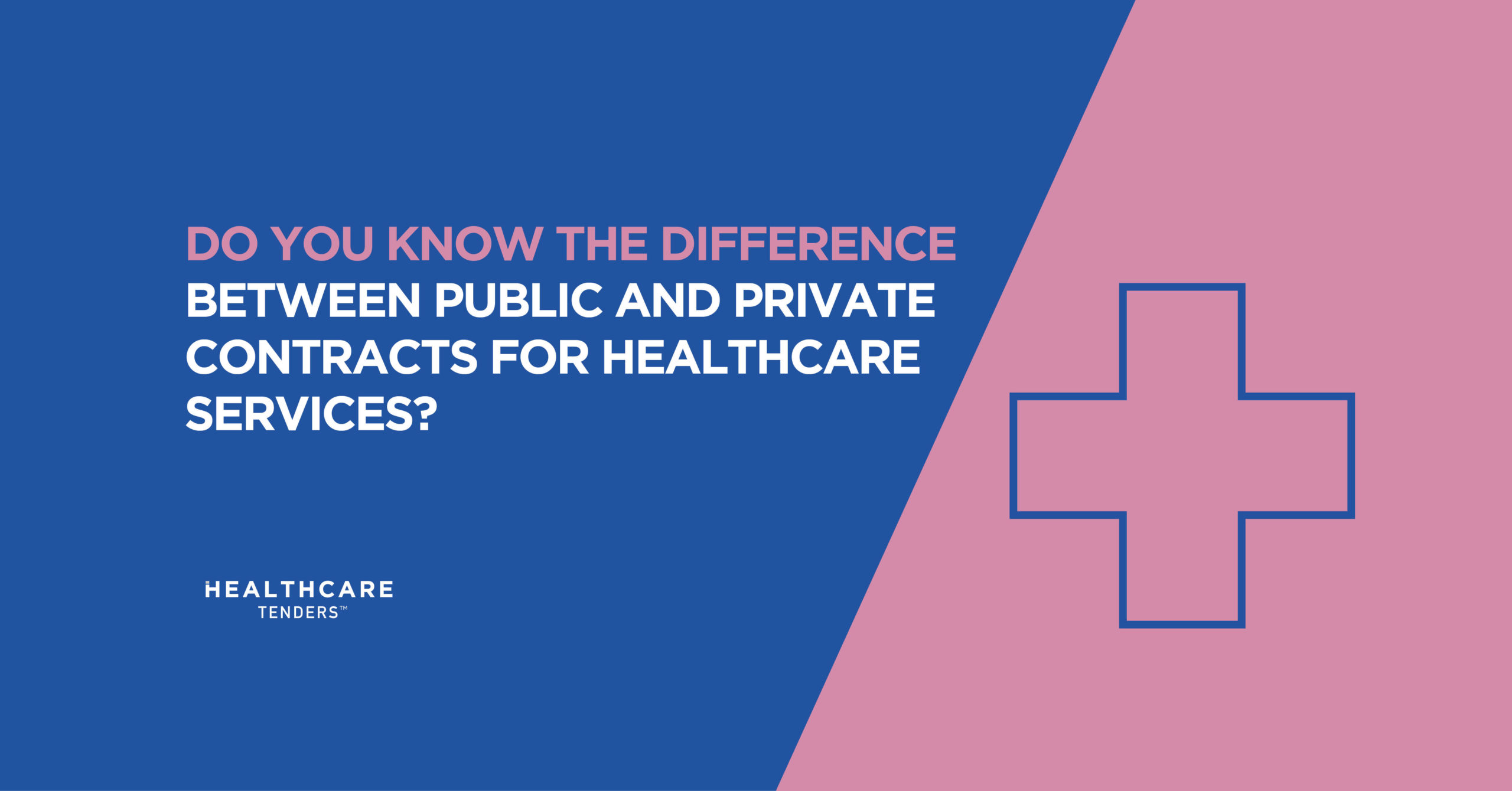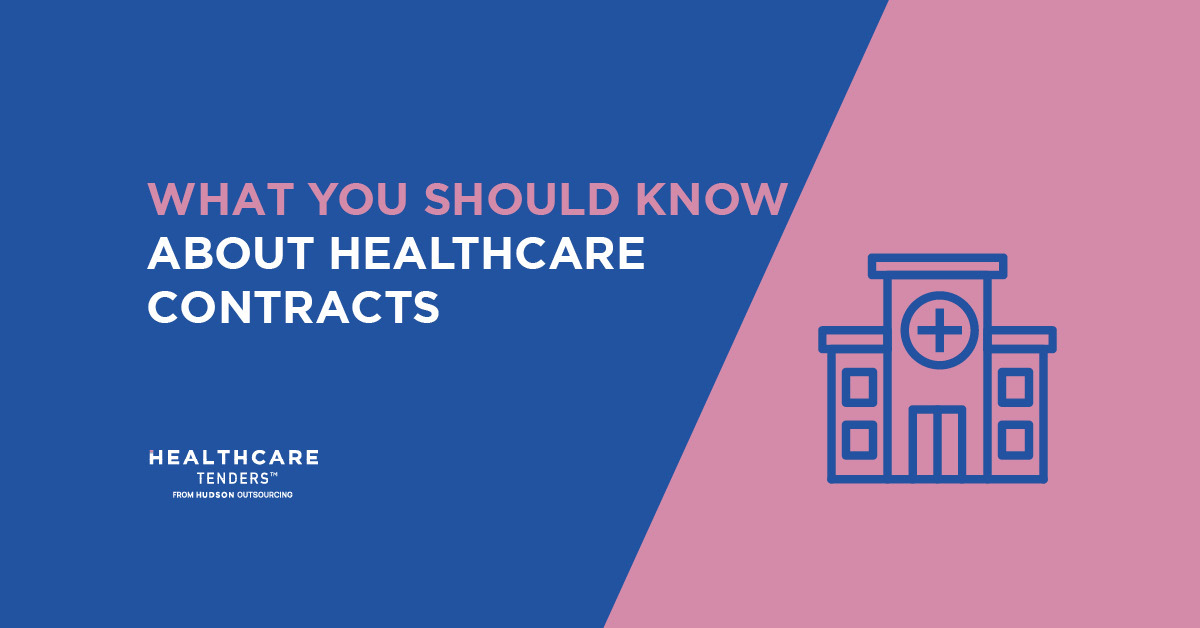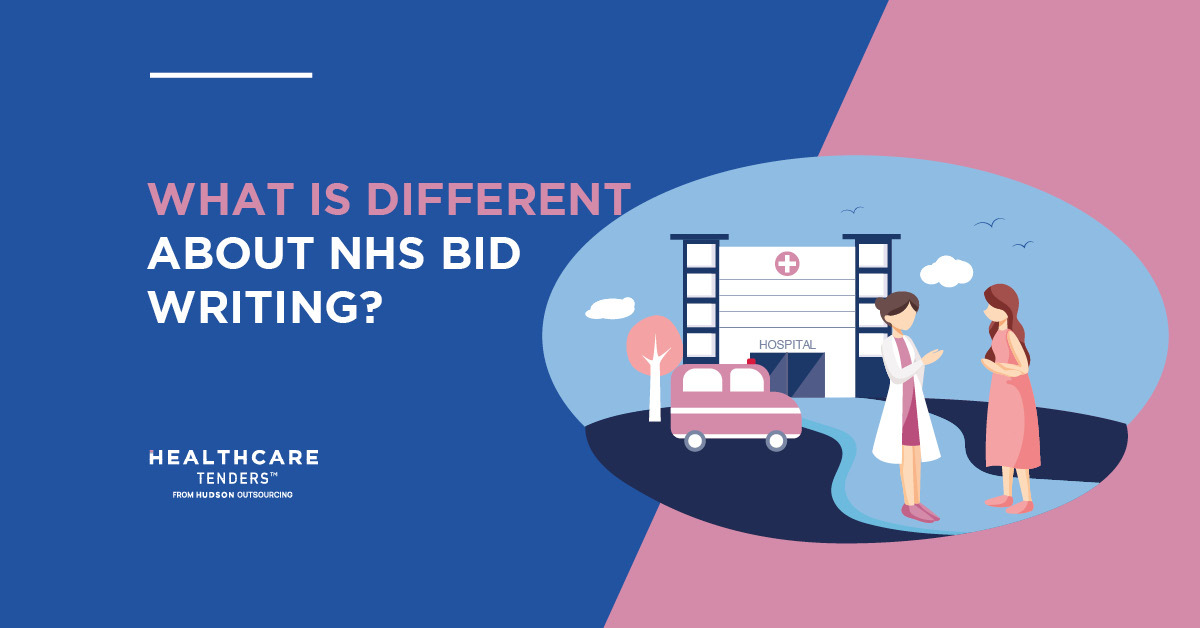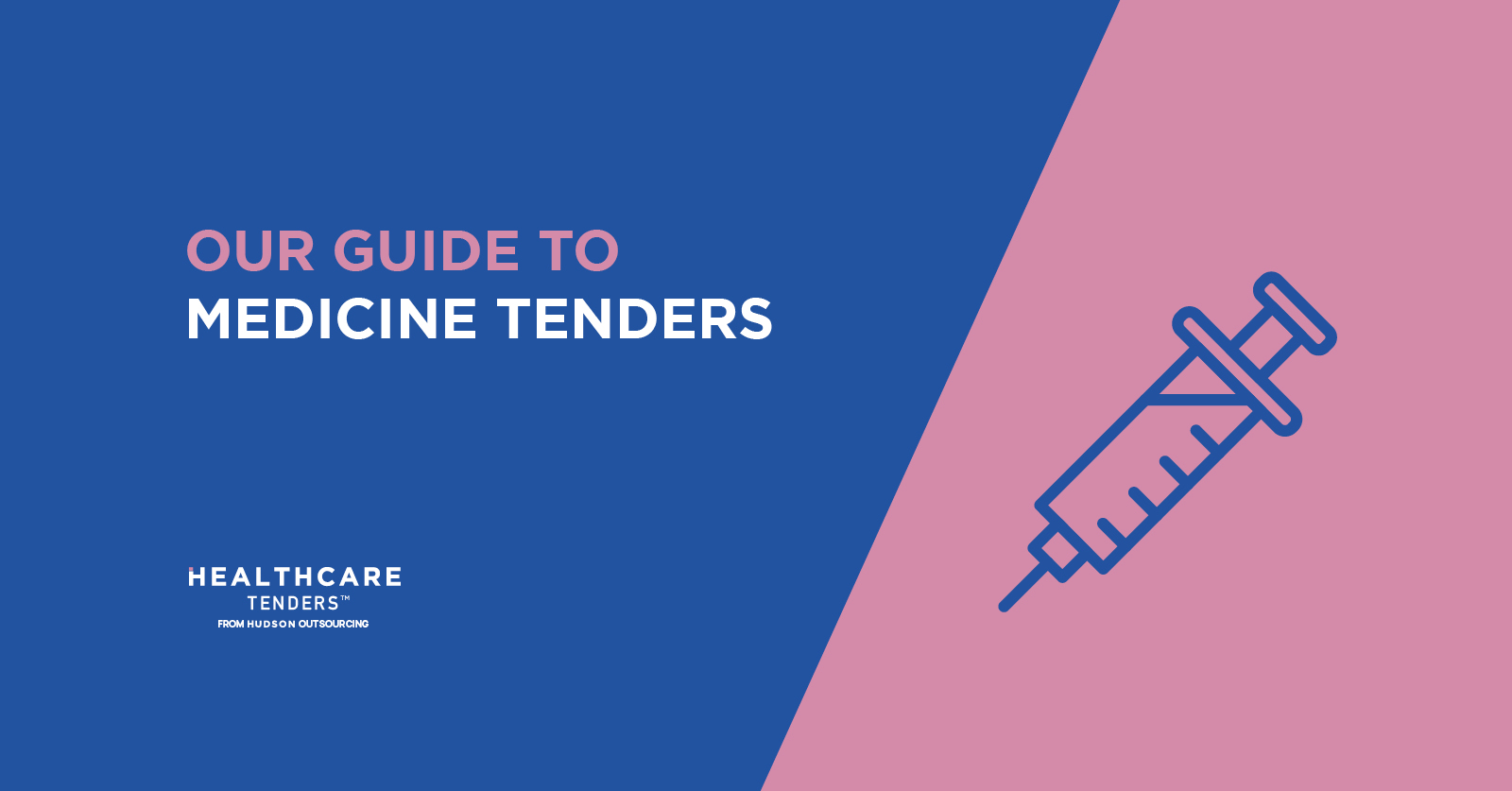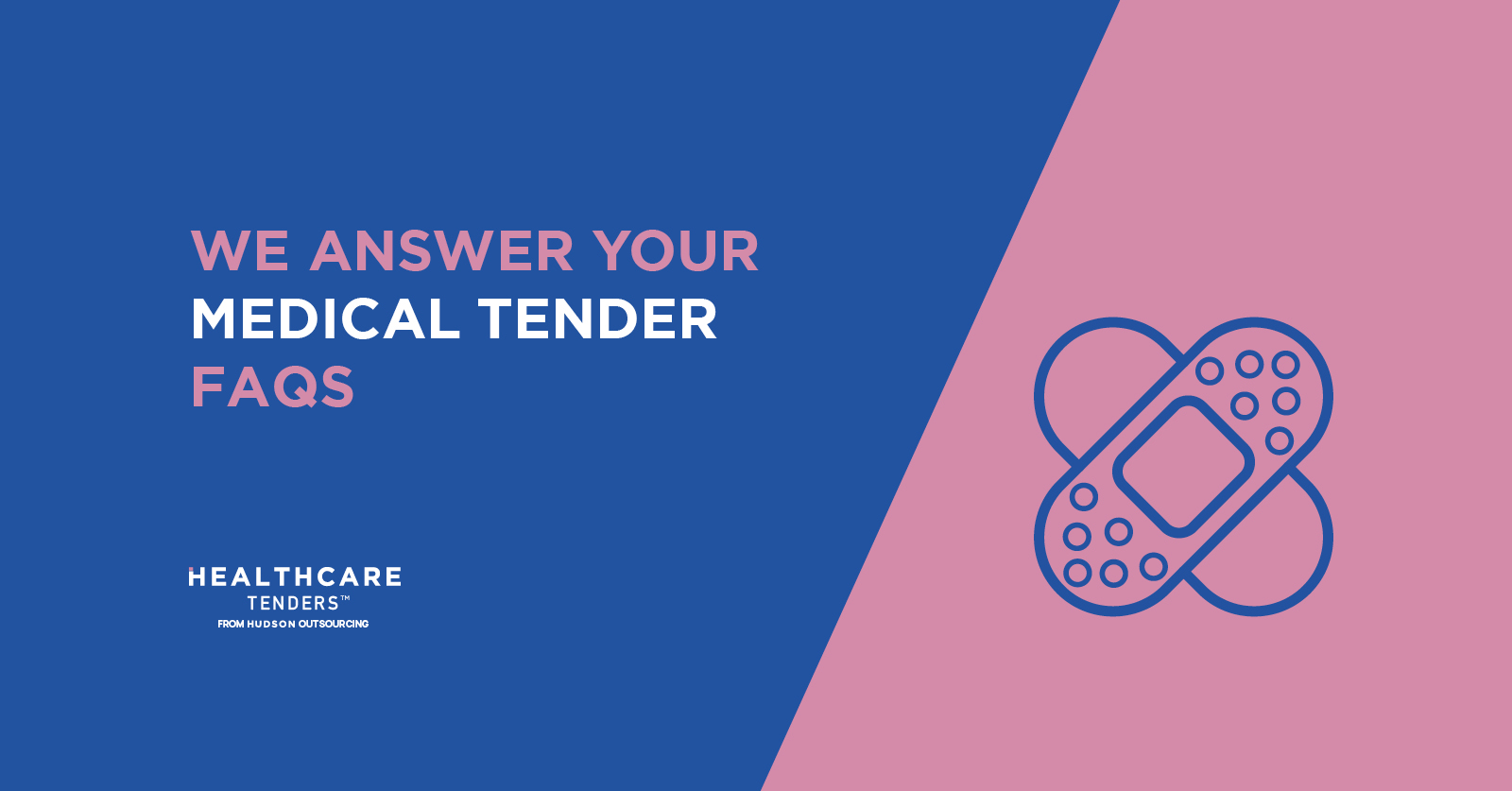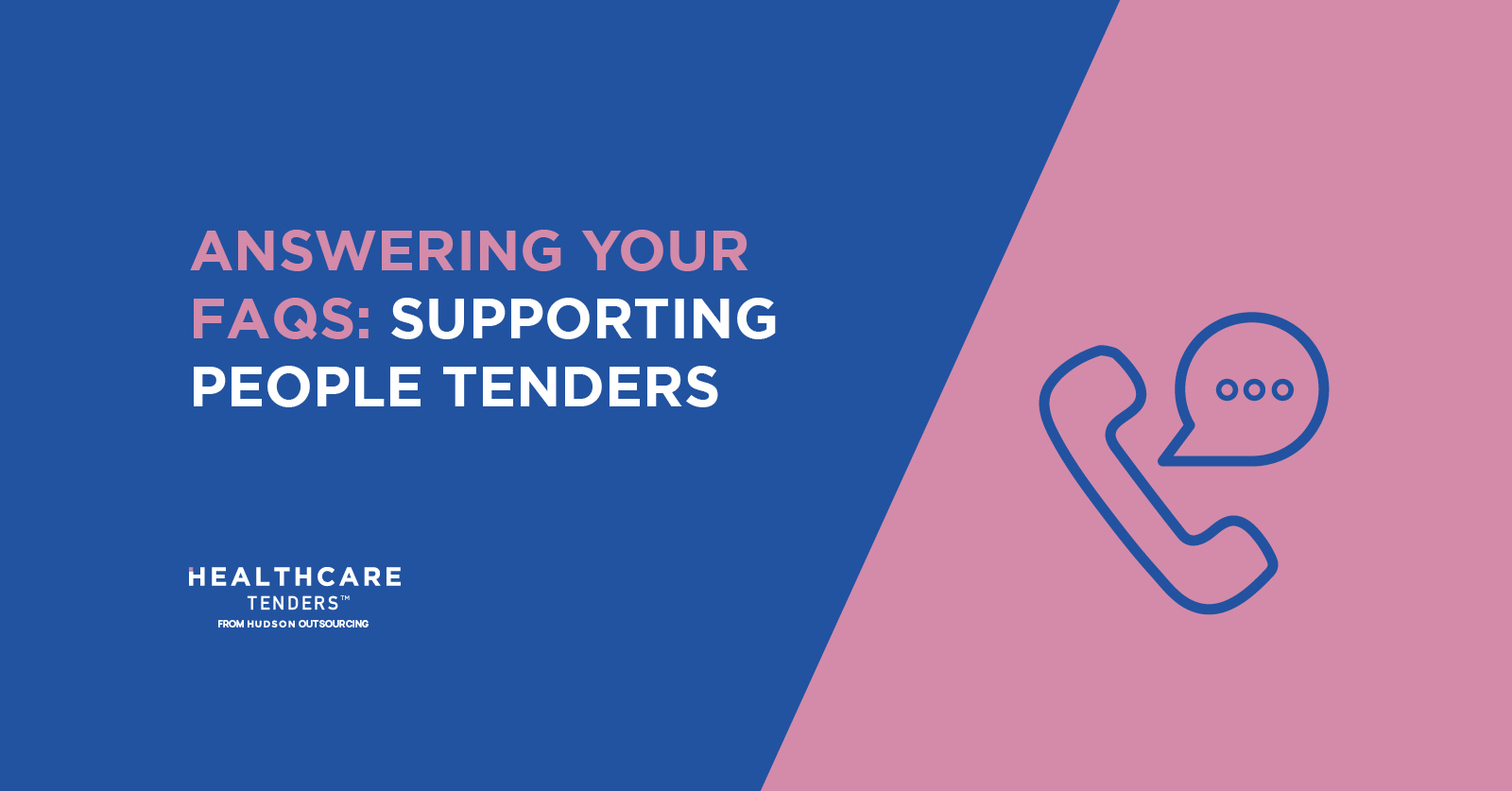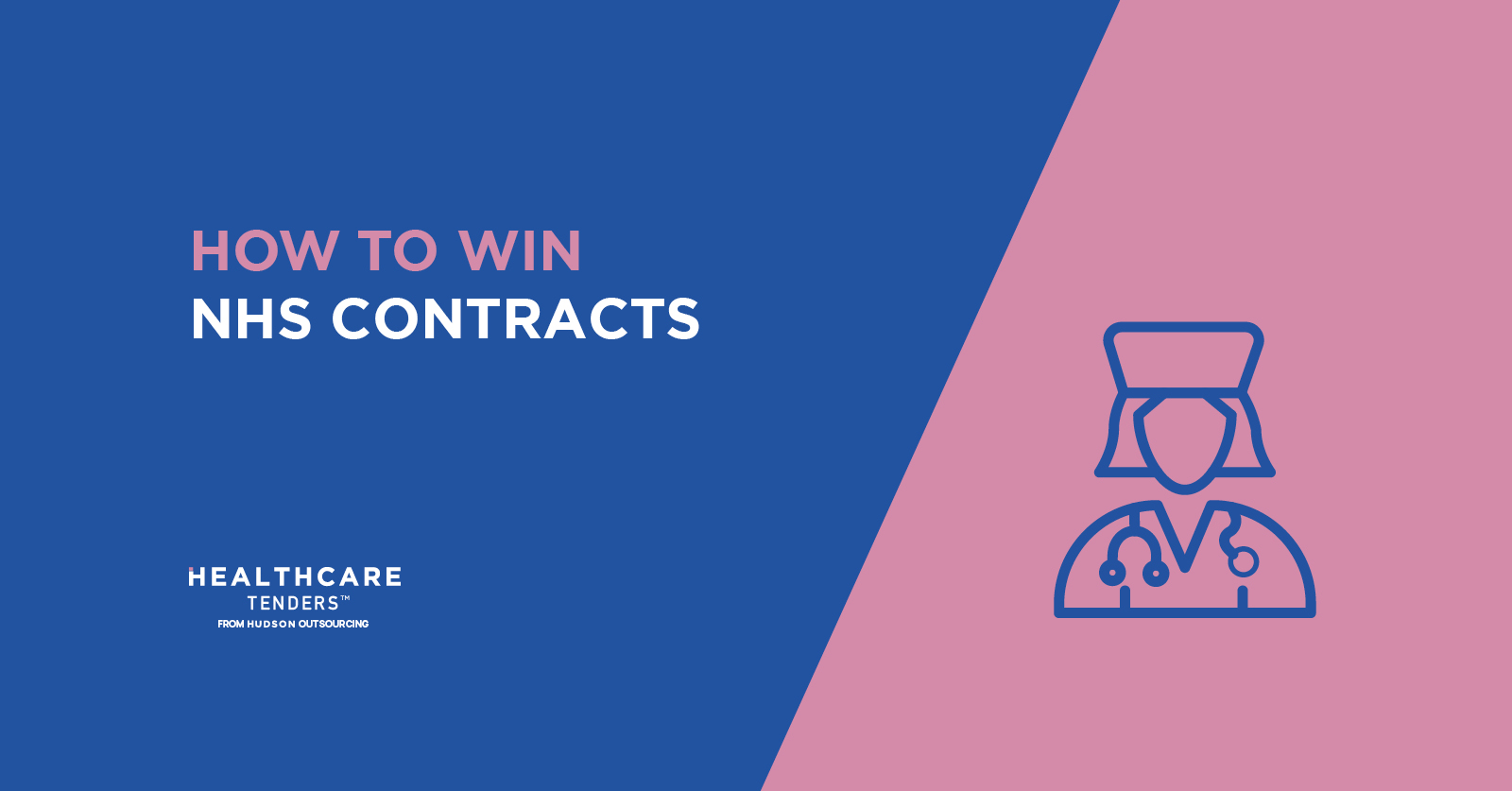The process of submitting medical bids is often a critical gateway to securing contracts in the healthcare sector. Whether you’re a supplier of medical devices, pharmaceuticals, or healthcare services, crafting a winning bid is key to ensuring your business thrives. However, many organisations make common mistakes when preparing medical bids, which can significantly reduce their chances of success. In this blog, we’ll explore the most frequent pitfalls and provide practical tips on how to avoid them.
Top mistakes to get rid of in Medical Bids and how to avoid them –
1. Ignoring Tender Requirements
One of the most common and costly mistakes businesses make in medical bids is not thoroughly reviewing the tender documentation. Each tender has specific requirements, from regulatory compliance to deadlines, and failing to address these could lead to immediate disqualification or an unsuccessful bid. Sometimes, bidders fail to notice key instructions or overlook small but critical details.
How to Overcome It:
Make sure to read the entire tender document carefully. Pay close attention to eligibility criteria, submission guidelines, and specific requirements such as certifications or quality standards. If something is unclear, reach out to the tendering authority for clarification.
2. Submitting a Generic Proposal
In the competitive world of medical bids, a generic proposal that doesn’t address the specific needs of the tendering organisation is likely to be overlooked. Bidders often make the mistake of using the same template for all their bids, without tailoring it to the particular needs of the healthcare provider or project at hand.
How to Overcome It:
Personalise your proposal. Research the healthcare organisation’s objectives and challenges and demonstrate how your product or service can directly solve their problems. Providing specific examples and case studies can further highlight your capability to meet their needs.
3. Underestimating the Importance of Compliance
Compliance is non-negotiable in the healthcare industry. Many tenders require proof of certifications, licences, and adherence to regulatory standards. Failing to demonstrate compliance, or worse, not being compliant at all, can lead to disqualification from the tendering process.
How to Overcome It:
Before you even begin drafting your medical bid, ensure your business meets all relevant regulatory requirements, such as ISO certifications, CE marks, or local healthcare standards. Clearly highlight your compliance within the bid and include any supporting documentation.
4. Overlooking the Budget and Cost Breakdown
While it might be tempting to offer the lowest price to win a contract, submitting an overly low or vague price can be detrimental. Underpricing could signal a lack of quality or an inability to fulfil the contract properly, while failing to provide a clear, detailed cost breakdown can raise questions about the integrity of your proposal.
How to Overcome It:
Be transparent and realistic with your pricing. Provide a clear cost breakdown that justifies each element of your proposal. This shows the tendering organisation that you’ve carefully considered all costs and that your price reflects the value of your offering.
5. Lack of Demonstrated Experience
Tendering organisations are looking for suppliers who have a proven track record in delivering quality medical products or services. Many businesses make the mistake of not adequately showcasing their experience, or worse, failing to provide evidence of past successes.
How to Overcome It:
Include detailed case studies, testimonials, and references from previous clients to demonstrate your capability. Show the positive outcomes your previous work has achieved, such as improvements in patient care, cost savings, or operational efficiency. This helps build trust and credibility with the tendering body.
6. Failure to Address Risks
Every medical project, whether it’s implementing new technology or providing medical supplies, carries certain risks. Many medical bids fail because they don’t adequately address potential risks and their mitigation strategies. Tendering bodies want to see that you’ve thought through any challenges and have plans in place to manage them.
How to Overcome It:
Include a risk management section in your proposal, outlining potential risks such as delays, regulatory changes, or supply chain disruptions. Detail your strategies for mitigating these risks and how you’ll ensure the smooth delivery of the contract.
7. Not Providing Clear Value Proposition
In medical bids, it’s not enough to simply meet the minimum requirements. You need to show the healthcare provider why your solution is the best option. Bids that fail to clearly articulate their value proposition are often passed over in favour of competitors who do a better job of highlighting the benefits of their offering.
How to Overcome It:
Focus on the unique selling points (USPs) of your product or service. Whether it’s innovative technology, superior customer support, or cost-efficiency, make sure your bid clearly communicates the added value you bring. Demonstrate how your solution will improve outcomes for the healthcare provider, such as enhancing patient care, increasing operational efficiency, or reducing costs.
8. Submitting Late or Incomplete Bids
Deadlines are strict in the world of medical bids. Submitting a bid late, or failing to include all required documentation, can result in immediate disqualification. Additionally, a rushed bid can be incomplete, leading to misunderstandings or a perception of disorganisation.
How to Overcome It:
Plan your bid preparation well in advance. Set internal deadlines to ensure that you have enough time for reviews, revisions, and to gather all necessary documents. Double-check that all required paperwork, certifications, and forms are included before submitting your proposal.
9. Not Engaging with the Tendering Body
Some organisations make the mistake of submitting their bid and then remaining silent throughout the process. While there’s no need for constant communication, failing to engage with the tendering body when needed—such as clarifying questions or providing additional information—can hurt your chances.
How to Overcome It:
If the tender allows for queries or further discussions, take advantage of these opportunities. Reach out if you need clarification or if there’s an opportunity to further strengthen your bid. Being proactive can demonstrate your commitment to the project and your willingness to collaborate.
Conclusion –
Avoiding these common mistakes can make the difference between winning and losing a medical bid. By ensuring compliance, providing clear and competitive proposals, and showcasing your expertise, you can significantly increase your chances of securing valuable contracts.
If you’re looking for expert support to help you craft winning medical bids, Hudson Outsourcing can guide you through the process. Our team offers specialised knowledge to optimise your bidding strategy, ensuring you stand out from the competition. Visit our website today to learn more.
